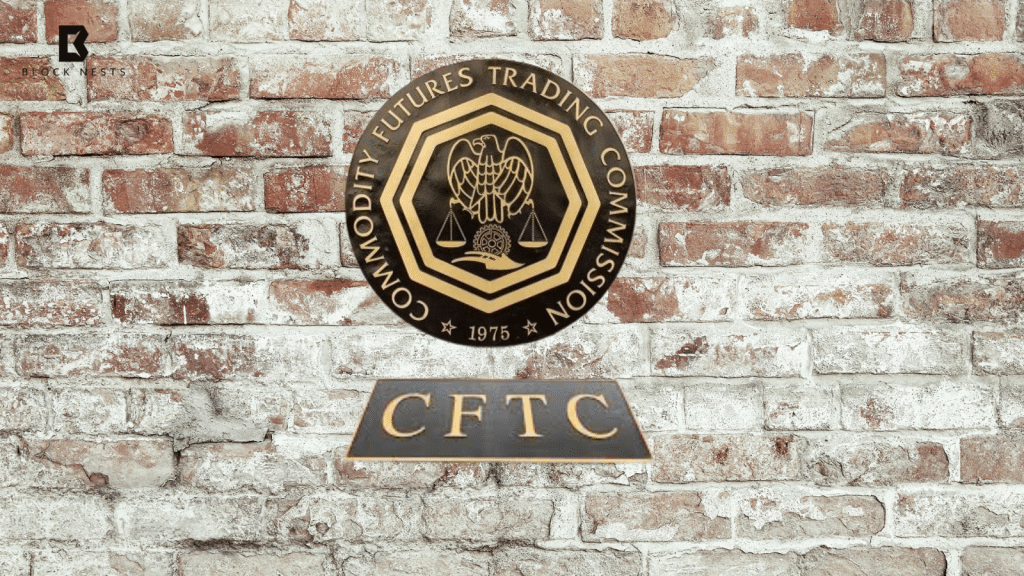- CFTC explores tokenized collateral to improve derivatives market efficiency.
- Digital assets like stablecoins set to reshape financial contracts.
- Industry feedback sought on tokenized collateral for market modernization.
The Commodity Futures Trading Commission (CFTC) is exploring the use of tokenized collateral, including stablecoins, in derivatives markets. Acting Chairman Caroline D. Pham made this announcement as part of the agency’s efforts to modernize capital markets.
This project is based on the CFTC Global Markets Advisory Committee (GMAC) ‘s suggestion to increase the applications of non-cash collateral through distributed ledger technology. Digital assets, such as stablecoins, can help secure financial instruments, such as futures or swaps, more effectively.
Also Read: RCMP Seizes $40M in Crypto from Unregulated Exchange, Shocking Industry!
The Push for Innovation in Financial Contracts
Tokenized collateral can lower traders’ risks and offer them an alternative to traditional cash-based collateral. It may enhance transparency and facilitate a more secure settlement process for all involved parties.
The CFTC is asking industry players to provide comments on the use of tokenized collateral by October 20. This request for public input is just one of the agency’s larger attempts to develop a regulatory framework for crypto assets.
Efforts to Shape Future Crypto Regulations
Besides, the CFTC is still collaborating with the Presidential Working Group on Digital Asset Markets. The objective is to develop proper guidelines for crypto businesses so that they can thrive in the broader financial sector.
This has been developed following the enactment of the GENIUS Act, which governs stablecoins, by Congress. The legislation is yet to be perfected, and the Treasury Department is keen on the complete application of the law.
The push by the CFTC, with the help of major industry participants such as Circle, Coinbase, Crypto.com, and Ripple, indicates the increasing approval of digital assets in the established financial frameworks. The CFTC believes that by introducing such technologies, it will be able to create a more efficient and transparent financial environment.
The agency’s pilot program, which involved stablecoins and big crypto firms, is the start of this new stage. Since the world of digital assets is still in its transformation phase, the work done by the CFTC may provide an example of future regulations.
Also Read: XRP Stagnant Despite Ripple’s $125M SEC Settlement – What’s Really Happening?
How would you rate your experience?






